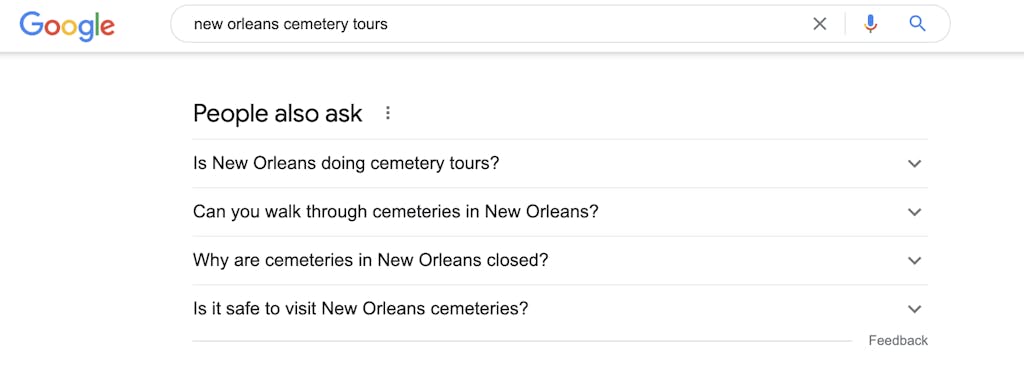
Another Google algorithm update? That’s right! While Google typically does not share what changes to expect from algorithm updates, SEO experts believe that the June and July Core Updates, like most others, focused on quality content – evaluating factors like thin content, domain age, and backlinks.
Although it was originally set to be one update, scheduled for June, Google broke the update into two parts, giving us another one in July.
Remember that Google releases core updates several times a year in an effort to present relevant, authoritative content to searchers. You can brush up on core update basics and read about major updates in our guide on the brief history of Google Algorithm Updates.
8 Things You Should Know About the June Core Update
- This update was slow to roll out, taking about 10 days to impact all sites.
- Google couldn’t complete all necessary algorithm changes in time for the June Core Update, so they rolled out later changes in the July Core Update.
- Because this was a big core update, you may have seen major fluctuations in rankings during the month of June.
- Site owners and SEO experts reported that the majority of fluctuations seemed to occur on June 11 and 12.
- Mobile SERPs appeared to be slightly more volatile in terms of ranking changes. In light of this update, make sure your website is optimized for mobile.
- While this update affected almost all industries, travel was among the top five that saw the most changes.
- Food and drink sites were among those that saw the biggest gains following the update.
- The last Core Update before this happened in December of 2020.
5 Things You Should Know About the July Core Update
- The July core update rolled out much faster and was felt almost immediately by sites in a variety of industries.
- Rank fluctuations were much less volatile during the July update than the June update.
- If your site saw any ranking changes between July 1 and July 12, you can most likely attribute them to the July update.
- If your rankings suffered in June, there’s a good chance they improved after the July update.
- SEO experts noticed an increase in People Also Ask results, the Google SERP feature that answers additional questions related to the main query. Read more about People Also Ask and other SERP features in this guide.

What Can You Do If Your Rankings Suffered After a Core Update?
It’s important to note that changes to your rankings following a Core Update don’t mean that you did something wrong. Google is continuously improving their algorithms to better assess content. The updates are about improving Google Search, not specific websites.
Reevaluate the pages that were impacted for quality content and backlinks. Google recommends asking yourself the following questions after getting hit by a core update:
- Does the content provide original information?
- Does the content provide a comprehensive description of the topic?
- Does the content provide insightful or interesting information that is beyond obvious?
- Does the headline provide a descriptive summary of the content without being exaggerated or shocking in nature?
Ranking changes following a core update can be frustrating, especially since Google doesn’t offer many insights into what the update was targeting. Beyond the questions above, it’s important to follow best practices for content creation and perform regular content audits to see where you can improve.
What’s next? Keep an eye out for the Google Page Experience Update.


